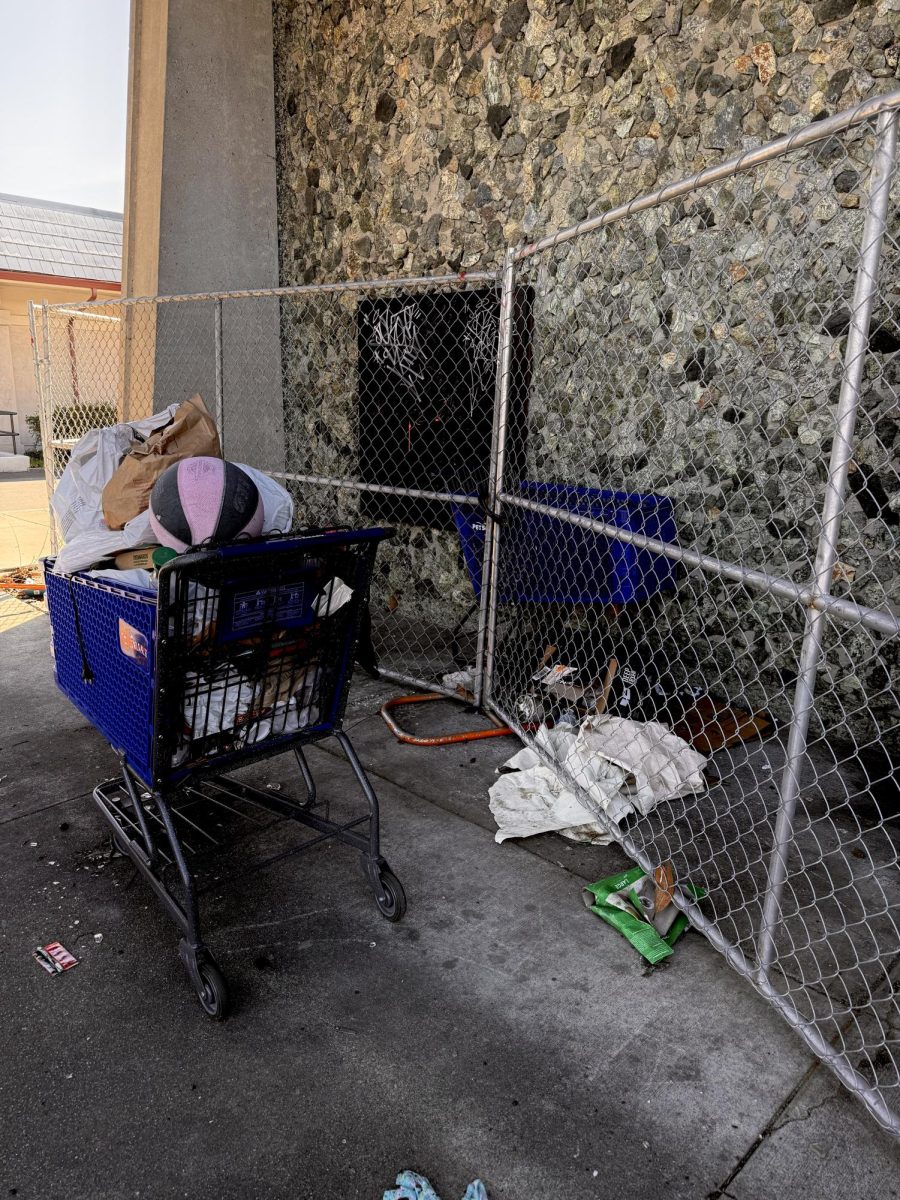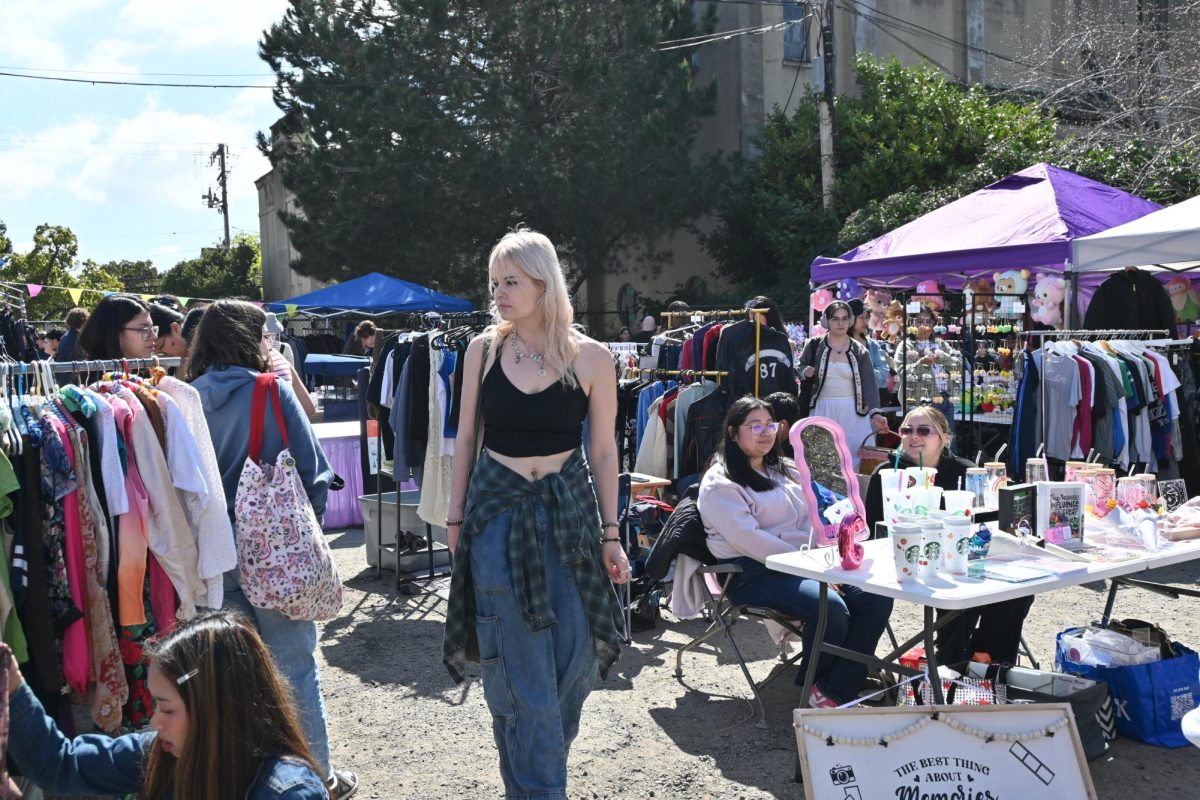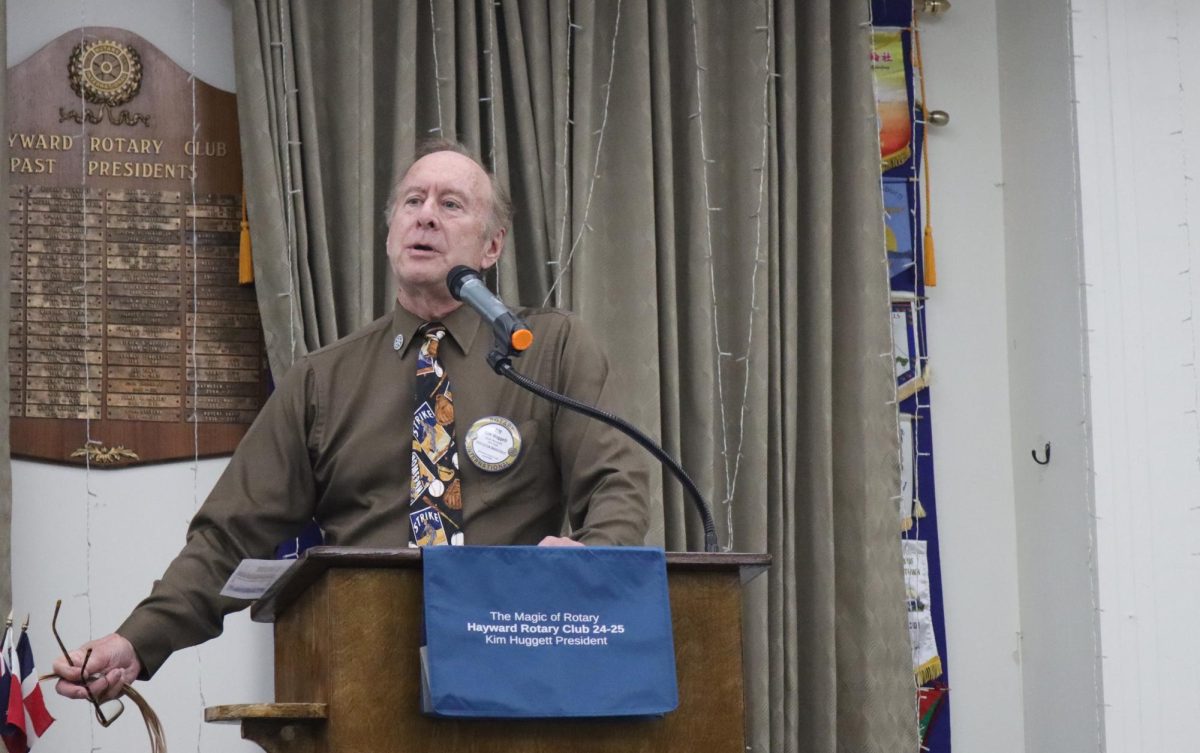Monsanto, a company responsible for genetically engineering corn used in American food products, is hurting the environment with its use of Roundup Ready crops, Earthjustice attorney Paul Achitoff said last week.
Achitoff is currently challenging the U.S. Department of Agriculture’s decision to allow genetically engineered sugar beets and genetically engineered alfalfa on the market.
Achitoff feels that the American public—who consume the corn, soy or canola oil produced by Monsanto—is essentially losing its freedom to choose whether or not they want to grow or eat genetically engineered food because of the company’s practices with pesticides and seed distribution.
He also claims that many consumers may not realize the extent that Monsanto controls what people eat because they are not aware of how much of their food contains genetically engineered corn, or canola, or soy.
While it is uncertain whether Monsanto is influencing the diet of millions of Americans, facts show that their products have a detrimental effect on the environment, as shown in a study by the Center for Food Safety.
Pesticides are not only dangerous to the environment but also to people who consume exposed products.
In a case of Darwinism, a new, stronger strain of weeds—or superweeds—grew in order to survive Monsanto’s use of herbicide on crops, Achitoff said.
“The proposed solution is to produce genetically engineered crops resistant to multiple herbicides, so that farmers can spray three to four different herbicides at the same time in the hope that at least one of the modes of action will still work,” said pesticide policy expert Charles Benbrooke, who helped Achitoff with his case. “It’s a strategy that’s comparable to pouring gasoline on a fire to put it out.”
However, in 2009 Monsanto finally acknowledged that the emergence of resistant weeds is a serious problem with their Roundup Ready system.
On the other hand, Monsanto is also responsible for feeding most of America with its crops as well as contributing food to other countries, according to Danika Leduc, an assistant professor for Chemistry and Environmental Science at CSU East Bay.
“There are some severe food needs in the world and Monsanto has done a lot of great work in particular with food production for Africa,” Leduc said.
The question is raised about whether it is better to use genetic modification than pesticides on crops according to Leduc.
“Genetic modification is a tool in our tool box,” Leduc said. “I could see them making drought resistance crops for Africa.”
Meanwhile, small time farmers and organic crop growers have been adversely affected by the company’s use of herbicides—resulting in cross-contamination of crops as well as the rise of superweeds, said Achitoff.
It was on behalf of the organic seed producers and conservationists that Earthjustice sued the U.S. Department of Agriculture in order to get the deregulation of genetically-modified beets reversed, according to Achitoff.
Earthjustice is seeking an injunction to stop further production of the sugar beets as well as to increase the amount of regulation on genetically modified crops.







